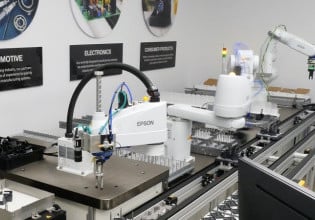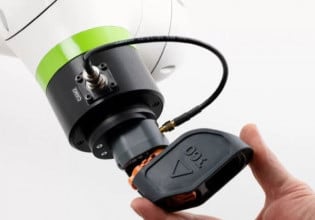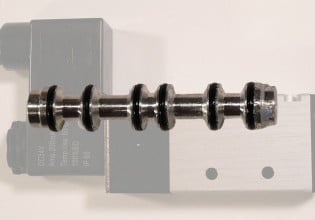D
I currently attend a technical school for an associates degree in maintenance electricity. I've just finished up intro classes on motor control and PLCs, and they have peaked my interest quite a bit. I have many questions but I'm not sure if this is the appropriate forum for them, I apologize if it is not.
So I'll just ask one. The program I am in does not focus solely on industrial control but, like I said before, I do and will continue to have classes about it until I am finished. That being said, how likely do you think it is that I will get an entry level job in this field after I receive my degree?
So I'll just ask one. The program I am in does not focus solely on industrial control but, like I said before, I do and will continue to have classes about it until I am finished. That being said, how likely do you think it is that I will get an entry level job in this field after I receive my degree?






